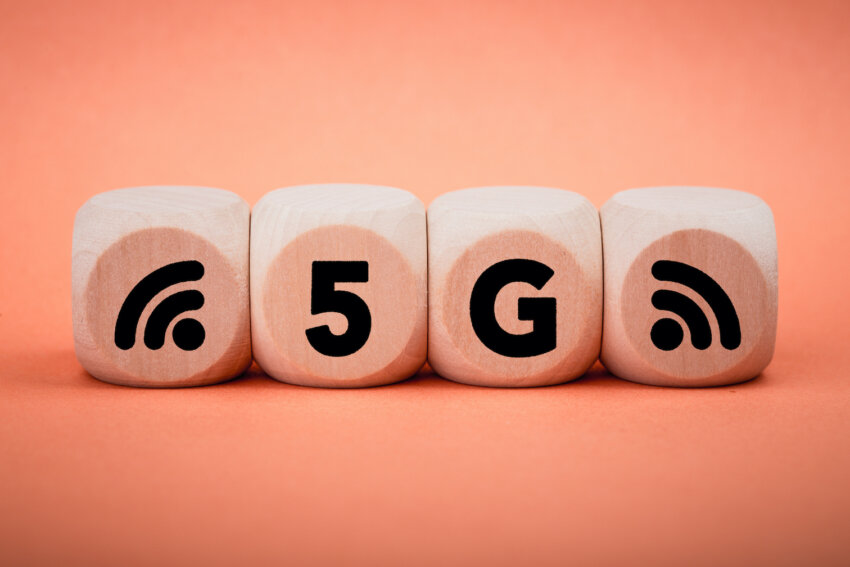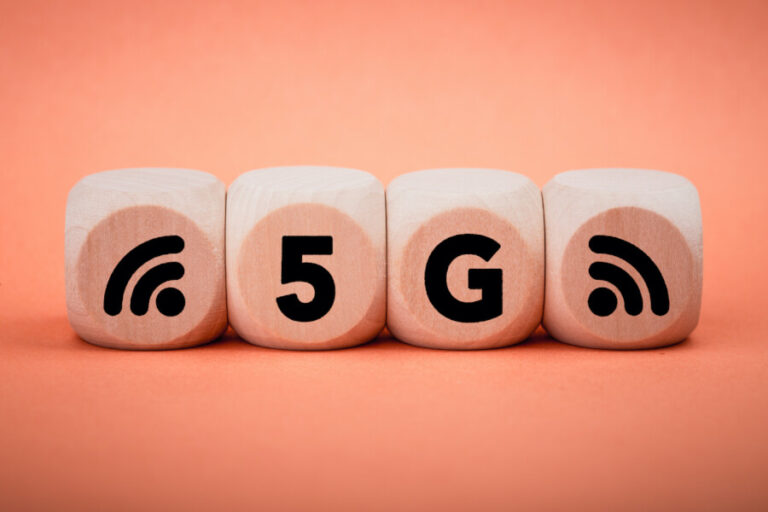
Over the coming months, the university will work with mobile phone providers to upgrade the university’s network hardware to support 5G.
The 5G upgrade is part of the university’s broader efforts to improve wireless connectivity and increase internet access. Upgrade deployment will prioritize student and high population density areas.
“While Wi-Fi and cellular service are fundamentally different, users often have similar experiences on a combination of personal and university-owned devices,” said Chief Information Security Officer and Infrastructure and said Michael Schnabel, assistant vice president of operations. “This initiative allows everyone on campus to benefit from the latest and best connectivity options, regardless of their location in the building.”
Upgrading to 5G offers significant performance improvements over 4G, including faster speeds, better battery performance for your device, and increased security.
The campus-wide 5G upgrade includes hardware changes to the Distributed Antenna System (DAS). DAS is a bell-shaped device located on the ceiling of most hallways on campus. Upgrading your DAS system to support 5G provides consistent cellular strength and performance for users across campus by overcoming weak wireless signals that pass through the constraints of construction materials used throughout campus buildings. Improvement guaranteed.
Students are encouraged to provide real-time feedback to support the university’s connectivity improvement efforts. Look for QR codes on flyers, banners, and small square stickers posted around campus. Once you scan the QR code, you will be presented with a very simple questionnaire that allows you to report connectivity issues in seconds. This feedback will inform the University’s comprehensive efforts to improve Wi-Fi connectivity for students and all users on campus.


